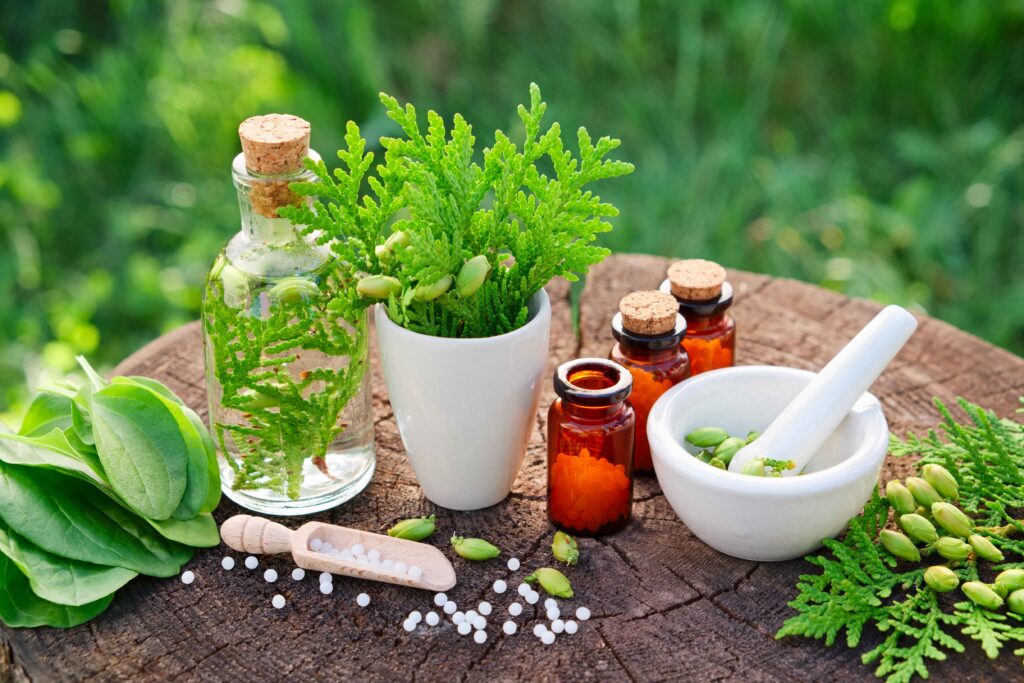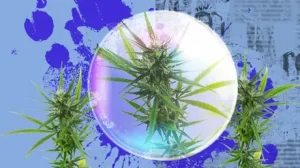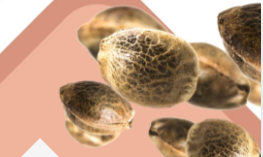Pakistan is a land of diverse landscapes, cultures, and traditions, with a rich natural heritage. Among its national symbols, the country has chosen several to represent its identity, including a national bird, animal, and flower. However, when it comes to herbs, Pakistan has not officially declared a national herb. Despite this, many argue that the title should be attributed to Nigella sativa, commonly known as black seed (Kalonji in Urdu). This herb holds cultural, historical, and medicinal significance in Pakistan, making it a strong candidate for such recognition.
In addition, Pakistan is home to a plethora of medicinal herbs, including Salajeet (Shilajit), which has gained popularity for its health benefits and cultural importance. Here, we’ll explore the potential of Nigella sativa as the national herb and also delve into the significance of Salajeet in Pakistani culture.
Nigella Sativa – A National Treasure in Herbal Medicine
Nigella sativa, also referred to as black seed or black cumin, has been a staple in traditional medicine for centuries. Found widely across Pakistan, this herb is deeply rooted in the country’s cultural and medicinal practices.
Historical Significance of Nigella Sativa
The use of black seed dates back to ancient times. It is mentioned in Islamic traditions and holds a revered place in the teachings of the Prophet Muhammad (PBUH), who said, “Use the black seed, because it is a cure for every disease except death.” This endorsement has made it a popular choice for home remedies in Pakistan.
Medicinal Benefits of Nigella Sativa
Nigella sativa is rich in essential nutrients, antioxidants, and anti-inflammatory compounds. It is known to:
- Boost immunity
- Aid in digestion
- Lower blood sugar and cholesterol levels
- Combat respiratory issues
Given its myriad benefits and widespread use, Nigella sativa is often considered Pakistan’s unofficial national herb.
Salajeet – The Miracle Resin of Pakistan
While Nigella sativa might be a strong candidate for the title of the national herb, Salajeet (commonly known as Shilajit) is another natural treasure that deserves recognition for its incredible medicinal properties.
What is Salajeet?
Salajeet is a sticky, tar-like substance found primarily in the mountainous regions of Pakistan, especially in the Karakoram and Himalayan ranges. This resin is formed over centuries from the decomposition of plant matter under high pressure and temperature.
Health Benefits of Salajeet
Salajeet is considered a potent adaptogen and is widely used in Ayurvedic and traditional medicine for its ability to:
- Enhance energy and stamina
- Improve cognitive function
- Support bone and joint health
- Regulate hormones and boost fertility
Salajeet Price in Pakistan
The price of Salajeet in Pakistan varies depending on its quality and source. Authentic Salajeet expensive due to the labor-intensive extraction and purification processes. On average, the Salajeet price in Pakistan ranges between PKR 3,000 to PKR 7,000 per 10 grams. However, counterfeit products are also prevalent, making it essential to purchase from reputable sellers.
Shilajit Price in Pakistan – Understanding the Market
The term “Shilajit” is often used interchangeably with Salajeet in international markets. Like Salajeet, Shilajit is valued for its powerful healing properties and is exported from Pakistan to various parts of the world.
Factors Influencing Shilajit Price in Pakistan
The price of Shilajit depends on several factors:
- Purity: Pure Shilajit is more expensive as it undergoes rigorous processing to ensure it is free from contaminants.
- Source: Shilajit from high-altitude regions like Gilgit-Baltistan is considered superior in quality.
- Demand and Supply: As awareness about its benefits grows, the demand for Shilajit has surged, affecting its market price.
On average, the Shilajit price in Pakistan is similar to that of Salajeet, ranging from PKR 3,000 to PKR 8,000 for high-quality products.
Why Nigella Sativa and Salajeet Matter to Pakistan
Both Nigella sativa and Salajeet are integral to Pakistan’s cultural and medicinal landscape. Here’s why they stand out:
Cultural Importance
Nigella sativa and Salajeet are deeply rooted in traditional healing practices across Pakistan. While Nigella sativa is a household name used in everyday remedies, Salajeet is revered as a superfood and energy booster in northern communities.
Economic Potential
Pakistan’s natural resources, including these herbs, hold immense economic potential. By promoting Nigella sativa and Salajeet as national treasures, Pakistan can boost its herbal industry, create jobs, and increase exports.
Global Recognition
Salajeet and Nigella sativa are already recognized globally for their medicinal properties. Pakistan can leverage this recognition to position itself as a leader in the herbal and natural medicine markets.
Preserving the Natural Heritage
As the demand for natural remedies like Nigella sativa and Salajeet grows, it is crucial to focus on sustainable harvesting practices. Overexploitation can deplete these valuable resources, putting their future at risk.
Sustainable Practices
- Encouraging local farming of Nigella sativa to meet demand without over-reliance on wild harvesting.
- Implementing strict regulations for Salajeet extraction to ensure ecological balance.
Raising Awareness
Educating communities about the importance of these herbs and their sustainable use can help preserve them for future generations.
Conclusion
Although Pakistan has not officially declared a national herb, Nigella sativa is a strong contender due to its widespread use and cultural significance. Similarly, Salajeet (Shilajit) is another natural wonder that represents the country’s rich biodiversity.
The rising demand for both Nigella sativa and Salajeet in local and global markets highlights their importance as symbols of Pakistan’s natural heritage. By promoting these herbs responsibly, Pakistan can unlock their potential for improving health, boosting the economy, and preserving its natural legacy.
Whether you’re seeking a remedy for everyday ailments or a boost in vitality, both Nigella sativa and Salajeet serve as reminders of the incredible healing power found in nature. Just remember to choose authentic sources to reap their full benefits, as quality matters when it comes to health.
Last Update: November 25, 2024






